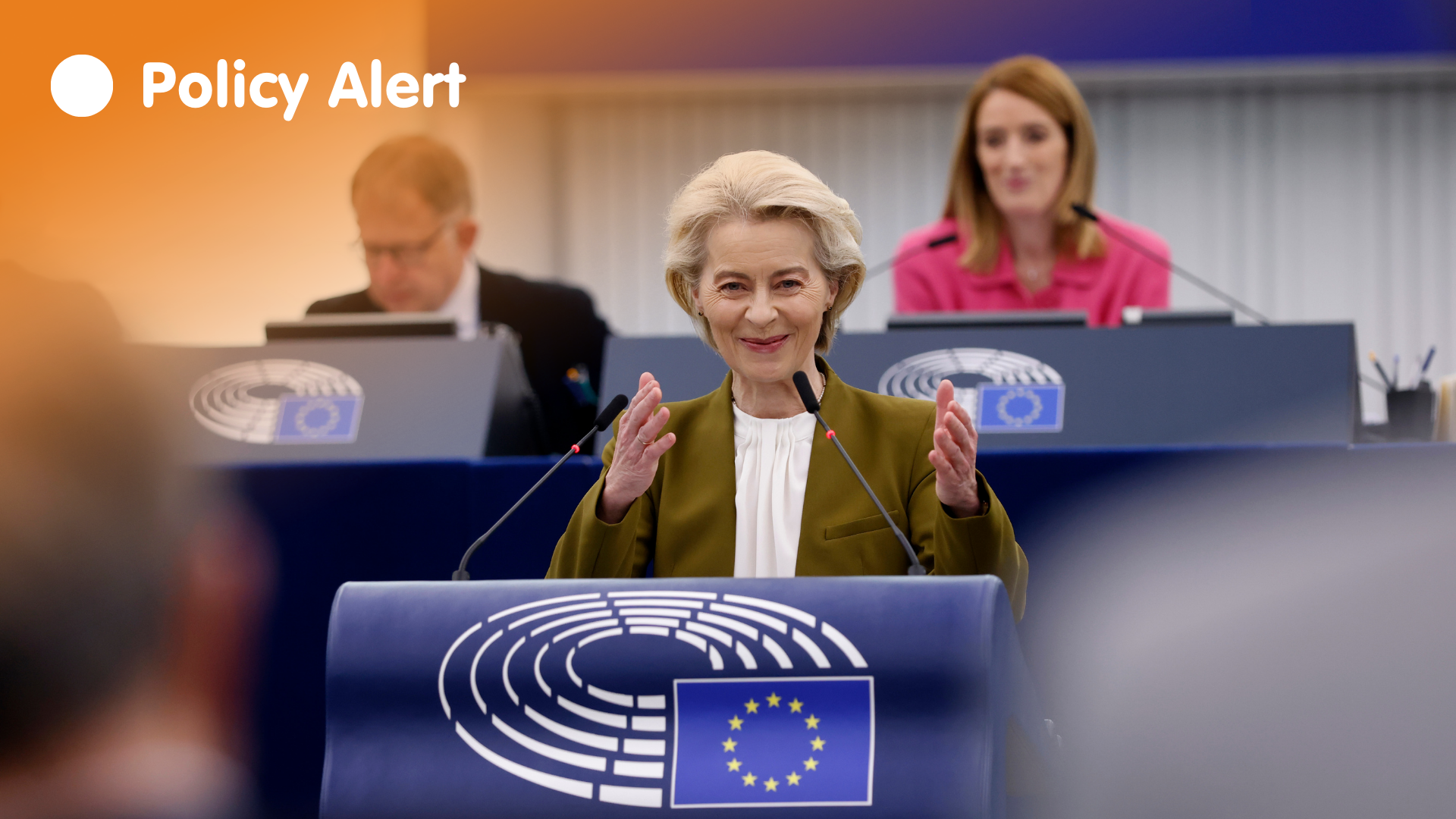As many pollsters predicted, the next European parliament will tilt further to the right. For the rest of this decade, populist and far-right parties will wield greater influence over the European Union’s strategic and legislative agenda.
In the previous parliament, the enlargement process was reinvigorated by the majority of EU politicians including the two biggest parliamentary groups, the European People’s Party and the Progressive Alliance of Socialists and Democrats, who saw it as having a geopolitical imperative amid Russian aggression. But the election of more right-wing MEPs largely against expanding the EU’s borders could put an end to this approach: while enlargement remains mainly in the hands of member state leaders, the new parliament will be influential in designing and approving the required legislation and funding.
Keeping enlargement alive
To avoid dashing EU accession hopes:
- The new commission president must send a clear signal that enlargement is one of the top priorities of their mandate, along with defence, the green transition, and de-risking. After all, these goals are interrelated and should be developed together in close cooperation with the new enlargement and defence commissioners. And in the president’s first inaugural speech, the message that enlargement is a geopolitical necessity for Europe must be loud and clear.
- The president should then carefully nominate the next commissioner for enlargement. Amid diverging member state differences over accession, this person will have to remain balanced. They will also need to be up for the difficult task of meeting the needs of candidate countries, satisfy internal politicking in the European Council, and ensuring that the process does not deviate from the rule of law conditionality.
- Lastly, the next enlargement phase will need ample EU budgetary support after the EU’s long-term budget ends in 2027. Reforming and increasing the next Multiannual Financial Framework will be a long shot and the parliament will be crucial. Without qualified majority voting on tax policy and with member state reluctance to centralise funds, the commission president could propose alternative funding sources. One way to fill up the coffers is for member states to agree to collect revenues from the travel authorisation system, carbon border adjustment mechanism, and emissions trading system fees at the European rather than the national level. This is more likely to get a right-wing parliament’s approval than tax hikes.
Move over, France and Germany
The European Parliament election also revealed fault lines in some member states which could affect the enlargement process. In France, after a crushing defeat to the far-right National Rally, President Emmanuel Macron has called a snap election, risking a far-right surge in France’s own parliament. Meanwhile in Germany, the far-right Alternative for Germany scored its biggest win, while the chancellor’s party came a mere third. These results will weaken France’s and Germany’s leadership and negotiating power within the EU. Rather, the balance of power may be shifting towards Italy’s Giorgia Meloni and Poland’s Donald Tusk, who both faired better in the election. For Tusk, securing the eastern neighbourhood has been one of the most important policy areas since the start of the war in Ukraine. Meloni however, who belongs to the far-right camp, has supported Ukraine and enlargement, but her views on the European project have historically been more sceptical.
The European Council on Foreign Relations does not take collective positions. ECFR publications only represent the views of their individual authors.

